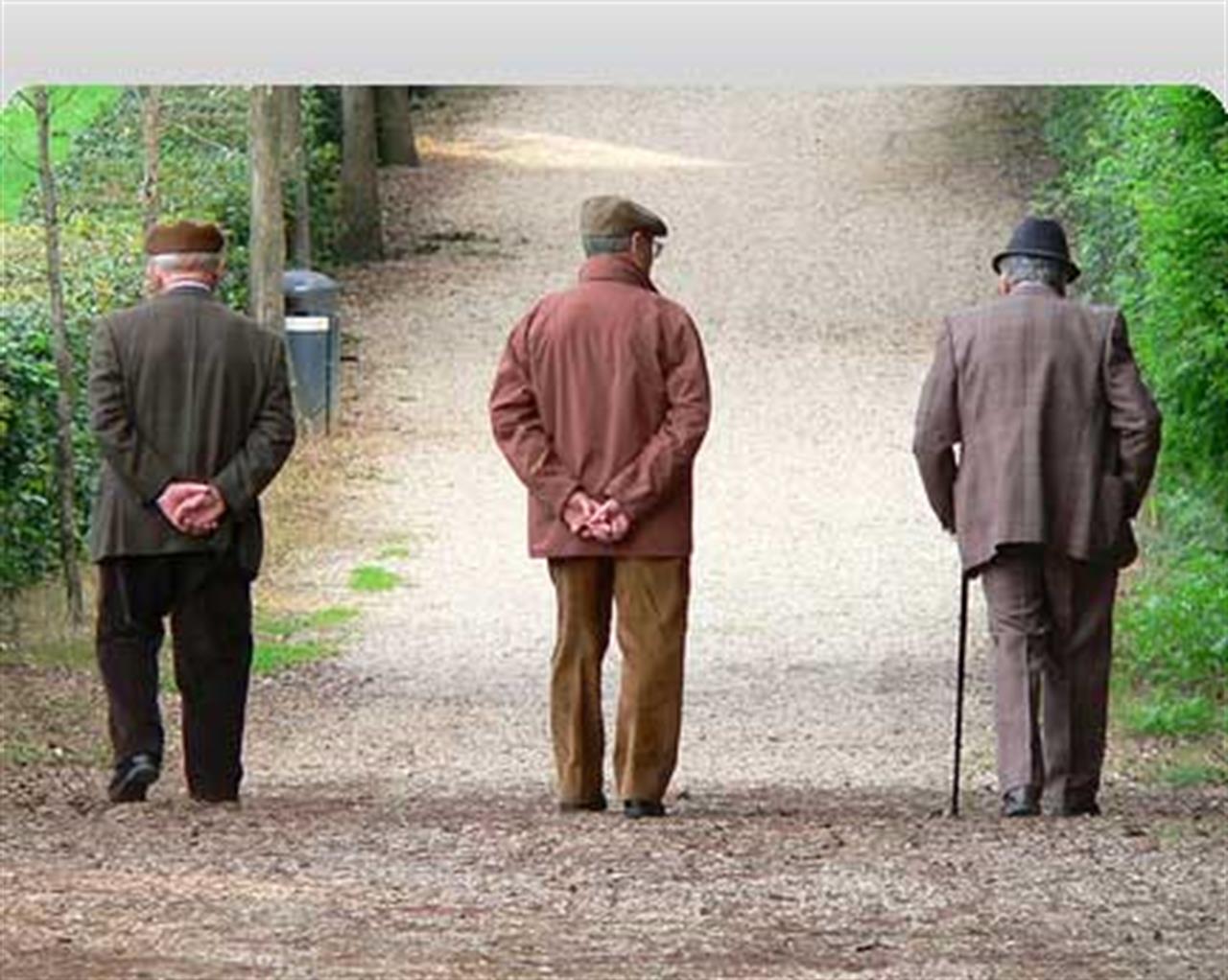Mondo
DIY welfare: London evaluates the personal budget holder
The pilot stage of the personal budget holder has come to its end. Here are the results.

Welfare consumers, not beneficiaries, users or patients. This is how we chose to describe the inhabitants of 13 English local authorities that in November 2005 began testing the effectiveness of what is known as “horizontal subsidiarity” on their own skin. With a formula called “personal budget holder” they became the managers of their own social welfare – the funds allocated directly to their personal bank accounts with the freedom to choose to spend the money for the health and social services best suited to their needs. The Personal Budget Holder is a challenge set by the UK government and, from the very start, revealed an interesting result: 88% of people entitled to public welfare decided to spend their personal budget on third sector services as opposed to national health services. What impact has this had on their lives and on government spending? How has it worked? What have the risks been?
Today we know the answers to these questions. The Ibsen (Individual Budgets Evaluation Network) report commissioned by the minister for health and a network of five prestigious UK universities has monitored the results of the project with interviews to 959 people – people with mental and physical disabilities, elderly people and people with learning difficulties. 510 of the interviewees were “welfare consumers” and personal budget holders, 449 were traditional social services users. The four indicators of success are outlined below and highlight the care that had to be taken in implementing the project – a project whose implementation in Northern Europe is no longer being doubted. In the UK, where the government and the third sector are working on a law for the “right to bid” that would allow non profit organisations to bid for public services contracts that they consider to be badly run, without having to wait for a
January 1 2009 will see the “freedom of choice” law put in to practice in Sweden. A law that will enable individuals to buy the welfare services that are thought to be best suited to one’s problems, with public money.
More control over one’s life
Among the positive impacts of the programme, beneficiaries of the test agree, is the increased control they felt to have over their life and their future. In particular the results show that:
Users with mental health disabilities: had a significant increase in their quality of life;
Users with physical disabilities: were more satisfied with the quality of services received;
Users with learning difficulties: had more control over their everyday life;
Elderly users: noticed a lesser psychological wellbeing than other categories.
Savings
The weekly cost of the “welfare package” was of 280 pounds versus the 300 of the traditional social services. Personal budgets reveal themselves to be cost effective compared to social service. But the subsequent wellbeing resulted from welfare services depended on the type of beneficiary.
Type of services acquired
59% of users used their budget for traditional services: home and personal assistance. Then come the atypical services, like recreational services: gym fees, evenings out or tickets to the cinema, that 66% of disabled people chose to buy. These are, mainly, outings organised by non profit organisations that offer a new understanding of the term “social” that is not included in the services of traditional welfare providers. Monitoring during the mid term of the pilot project revealed that 88% of beneficiaries bought their services from non profit organisations.
The anxiousness factor
The power to choose, flexibility and direct control over ones life are the main results of the personal budget holder project. But it has to be counterbalanced by the anxiousness that this power causes users, especially the elderly, who suddenly find themselves holding their own destiny in their hands – transformed from passive beneficiaries into active welfare consumers.
Download the full report: here
Si può usare la Carta docente per abbonarsi a VITA?
Certo che sì! Basta emettere un buono sulla piattaforma del ministero del valore dell’abbonamento che si intende acquistare (1 anno carta + digital a 80€ o 1 anno digital a 60€) e inviarci il codice del buono a abbonamenti@vita.it
